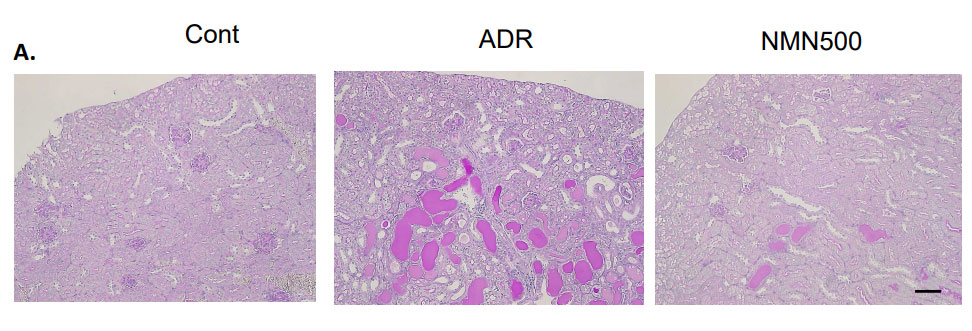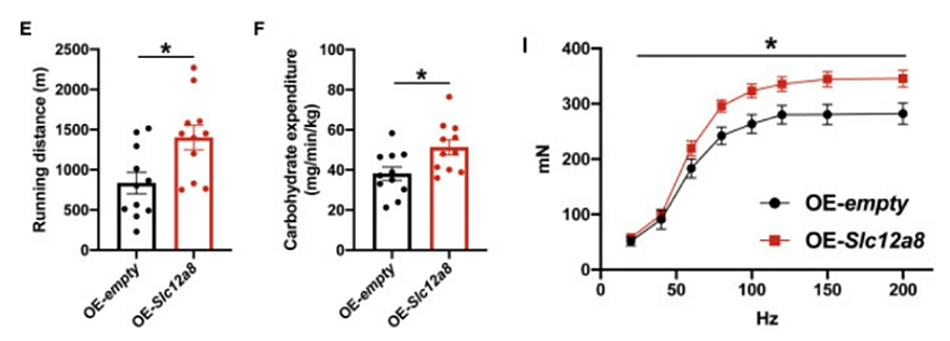Hesperidin is a flavonoid, a type of plant compound that has been shown to have a wide range of health benefits. It is found primarily in citrus fruits, such as oranges, lemons, grapefruit, and limes. Hesperidin exhibits anti-inflammatory and antioxidant activity, protecting cells from two key contributors to the onset of age-related and chronic diseases: inflammation and oxidative stress.
Tag Archives: longevity
Modern research supports the traditional uses of Ashwaganda, showing it may help reduce stress, anxiety, fatigue, improve cognitive function, boost the immune system, and help manage blood sugar levels.
More than 240 clinical trials have been conducted to understand the potential health effects of Resveratrol. Evidence suggests Resveratrol may enhance longevity, heart health, glucose and fat metabolism, and bone health.
CoQ10 may extend its potential benefits beyond its traditional role in energy production. Emerging research suggests it could provide cardioprotective effects and reduce migraine symptoms. Moreover, its anti-inflammatory and antioxidant properties have shown promise in addressing age-related disorders and various diseases.
Use of NMN supplements was shown to activate Sirtuin-1, one of the body’s self repair enzymes, to repair kidney damage and restore kidney function in mice. (1) Kidney damage accumulates with age As we age, we accumulate kidney scarring and tissue hardening, which can impede the kidneys ability to filter proteins in the blood and […]
A new study shows that increased levels in the brain of a molecule called Slc128a, which transports NMN into cells, reduces a type of muscle decline in older adults called sarcopenia. Likewise, they showed that reducing levels of Slc128a in the brain caused the muscles to become fatigued and weakened again. Doubling Slc128a Dramatically Improved […]






